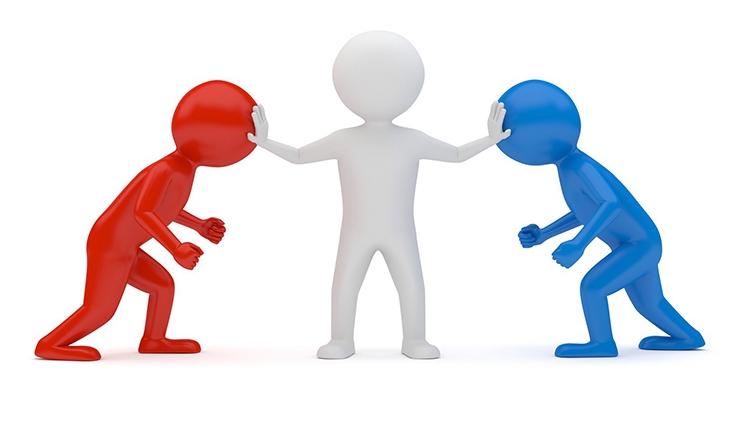Conflict resolution mainly pertains to the professional world, but is also prevalent in the personal space as well. In the workplace,85% of the employees go through conflict in their organization at some stage! It arises when two or more parties have different opinions, and expectations which cannot be reconciled.

What is a Conflict Resolution Conversation?
A conflict resolution conversation is a dialogue between two or more parties aimed at resolving a conflict. The conversation focuses on finding a mutually acceptable solution to the problem. The parties involved in the conversation work together to identify the root cause of the conflict, explore possible solutions, and agree on a course of action.
Benefits of Conflict Resolution Conversations
- They help parties involved in the conflict to communicate effectively. Often, in conflicts, communication breaks down, and parties become defensive, leading to a further escalation of the conflict. A conflict resolution conversation provides a safe space for parties to express themselves, listen to each other, and work towards a common goal.
- They promote understanding and empathy. When parties involved in a conflict listen to each other, they gain a deeper understanding of each other’s perspectives, needs, and concerns. This understanding helps to build trust, which is essential for resolving conflicts.
- Conflict resolution conversations promote creativity and innovation. When parties work together to find a solution, they are more likely to come up with creative and innovative solutions that benefit everyone involved.
Here are 8 conflict resolution skills in the workplace 🙂
Always communicate
Communicating with your team members is the best way to avoid conflicts. When you proactively communicate with your workforce, it helps you understand the heart of the problem. Be friendly with your approach, and do not keep any bias. Always be the neutral mediator and understand the perspective of the parties involved.
Emotional Intelligence
Emotional intelligence is the ability to identify, manage, and understand your own emotions and the people around us. During a conflict, identifying and understanding others’ emotional turmoil is very crucial. You do not want the situation to go from bad to worse, therefore you need to have complete control & manage your emotions to resolve the matter at hand
Fairness
Do not be biased and work on being fair. As a fair leader, you will resolve any dispute in a diplomatic way. Be honest and treat everyone involved in the conflict equally. This will help to understand the team dynamics and create a balanced team environment. Being Fair signifies that you prioritize truth above everything.
Empathy
Try to understand what the individual is personally going through to get to the root of the issue. Ask them the relevant questions that will help them self-evaluate their behavior. Try to see things from their perspective to get a better understanding of the situation. It will help you broaden your vision and see things differently to resolve the conflict at hand.
Good Observational Eye/ Ear
Paying attention to people’s body language/conversation will help you understand the situation in advance and avoid conflicting conditions . You can take preventive actions based on your observations in advance.
Active Listening
Active listening is a critical component of conflict resolution conversations. When listening, make an effort to understand, each other’s perspective, needs, and concerns. Paraphrase, what they say to ensure that you understand correctly and there are no gaps.
Ask Relevant Questions
Asking the right question is very important to understand the perspective of different parties. Frame questions in such a way that parties do not feel threatened and get defensive in their responses.
Patience
When dealing with a conflict, emotions run quite high, and becoming impatient will make things more destructive. Instead, try to remain calm, have patience, and assess the whole situation. A composed mind will allow you to evaluate the situation and make a decision swiftly. Take some time off and come up with a decision in the cooling-off period.
When having a conflict resolution conversation, it is important to choose the right time and place, listen actively, avoid blame and defensiveness, collaborate, keep an open mind, and follow up. By following these tips, parties involved in a conflict can work together to find a mutually acceptable solution that benefits everyone involved.
Please share your comments/feedback as usual!
